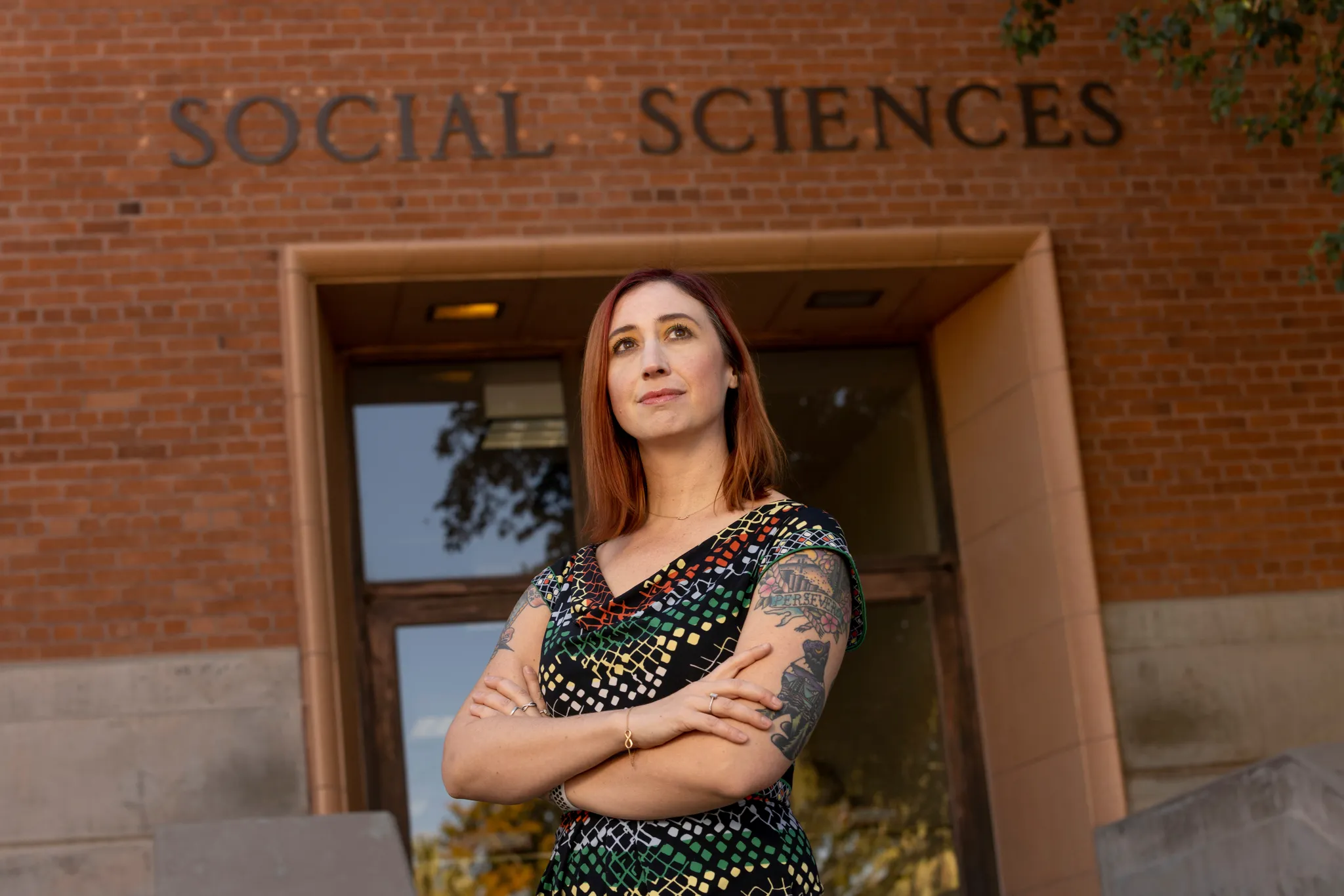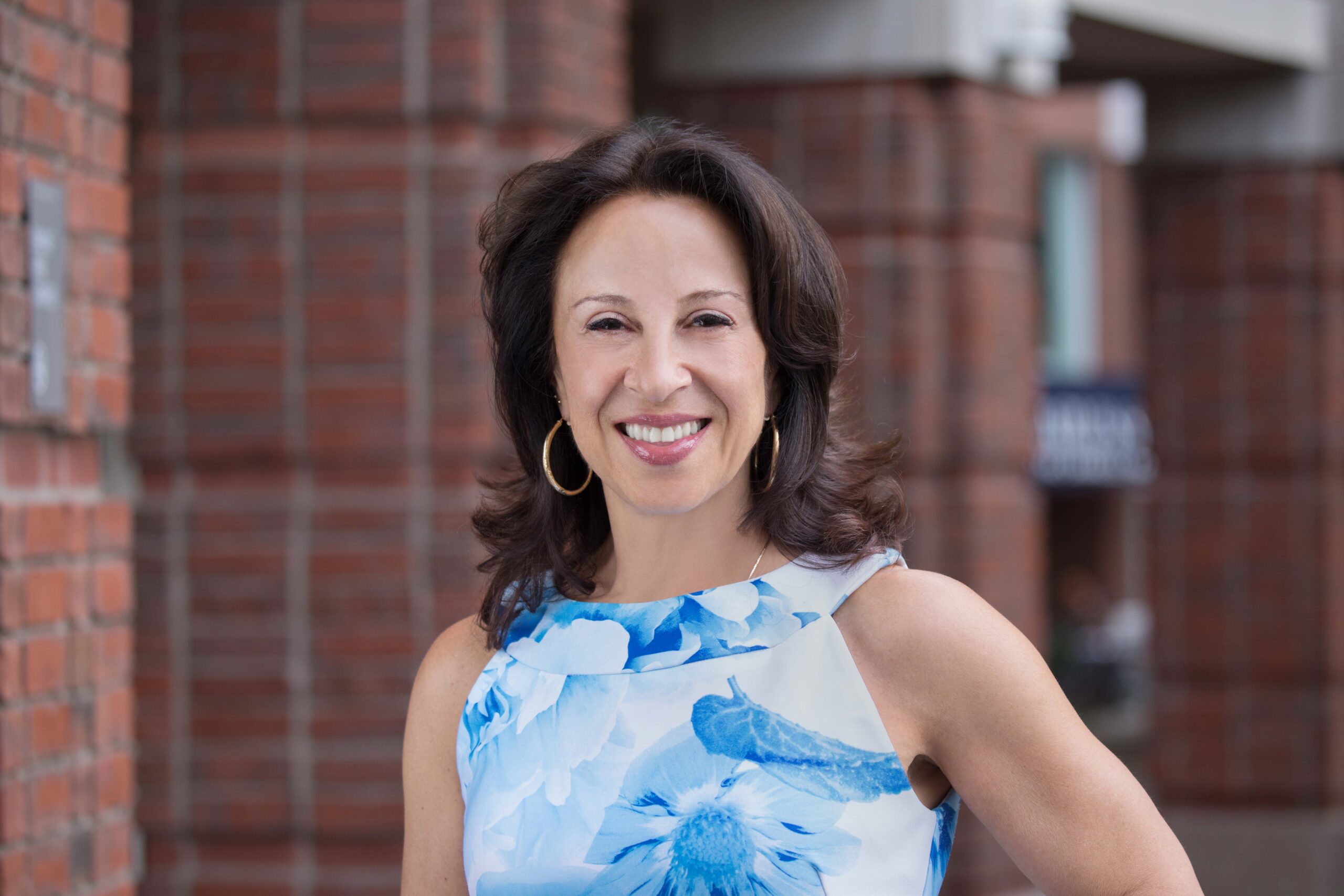How Valuable is College?
The economics of higher education is a topic of intense current debate—on topics ranging from student loans, to growing divides between public and private universities, to the value of a college degree in a changing economy. Underlying these and other issues are larger questions about what a college education is truly “worth,” and how we could or should assess the value of post-secondary training. With these issues in mind, we ask: what is the value of college for students and for society, and how can universities like Vanderbilt lead the way in supporting economic innovation but also economic opportunity?
January
Why Free Speech is the Only Safe Space for Minorities
Race and diversity are tightly linked to the economics of college. Recent Supreme Court rulings on affirmative action and the actions of conservative politicians like Florida’s Ron DeSantis threaten to severely curtail college access for members of minority and disadvantaged groups that have historically used college as a springboard for socioeconomic advancement. Upending affirmative action, “anti-woke” politics, defunding Diversity, Equity and Inclusion offices, and a host of other actions and agendas portend a change in the composition of student bodies and the topics colleges teach. What will be the impact of judicial rulings and new legislation on the idea of college as a motor for racial and economic equality in the United States? We explore current debates on admissions, diversity, and mobility in U.S. public culture.
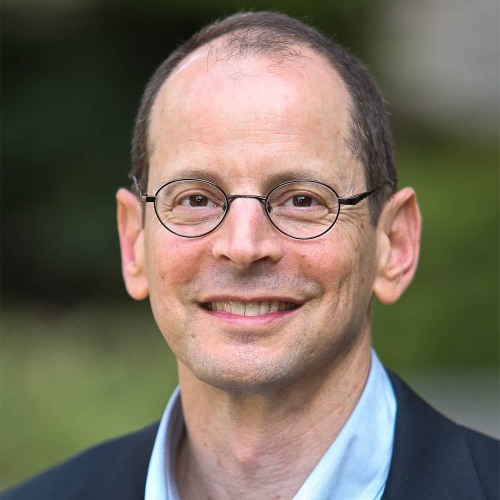
Featured Fellow: Jonathan Rauch
Senior Fellow – Governance Studies, The Brookings Institution
Event Details: Monday, January 22, at 3p.m. in the Central Library — Community Room; Reception to follow
Jonathan Rauch is a senior fellow in the Governance Studies program and the author of eight books and many articles on public policy, culture, and government. He is a contributing writer of The Atlantic and recipient of the 2005 National Magazine Award, the magazine industry’s equivalent of the Pulitzer Prize. His many Brookings publications include the 2021 book The Constitution of Knowledge: A Defense of Truth, as well as the 2015 ebook Political Realism: How Hacks, Machines, Big Money, and Back-Room Deals Can Strengthen American Democracy. Other books include The Happiness Curve: Why Life Gets Better after 50 (2018) and Gay Marriage: Why It Is Good for Gays, Good for Straights, and Good for America (2004). He has also authored research on political parties, marijuana legalization, LGBT rights and religious liberty, and more.
February
How Can We Talk About Race on Campus? Equity and Dialogue in the Aftermath of Affirmative Action
The panel, featuring distinguished professor and media commentator Melissa Harris-Perry, will be a thought-provoking community dialogue that critically examines the implications of the Supreme Court's decision banning affirmative action in college admissions. The panel will delve into the far-reaching consequences of this landmark ruling on the present and future of college, and of America, and into the challenges and opportunities that lie ahead in fostering diversity and inclusion within higher education.
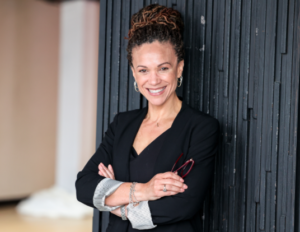
Featured Fellow: Melissa Harris-Perry, Ph.D
Founder and President, Anna Julia Cooper Center
Co-Creator and Co-Host, System Check
Event Details: Wednesday, January 31, at 2p.m. in the Central Library — Community Room; Reception to follow
Melissa Harris-Perry is the host and managing editor of The Takeaway, a daily public radio broadcast and podcast from WNYC Studios. Along with Dorian Warren, Melissa is co-creator and co-host of The Takeaway Deep Dives. Melissa and Dorian also partnered to create System Check with The Nation. Since 2014, Professor Harris-Perry has served as the Maya Angelou Presidential Chair at Wake Forest University in the Department of Politics and International Affairs, the Department of Women, Gender, and Sexuality Studies, and the Program in Environment and Sustainability. There teaches courses, conducts research, and develops programs at the intersections of gender, race, and place. An award-winning author, sought after public speaker, and accomplished media professional, Melissa is founder and president of the Anna Julia Cooper Center, an independent organization advancing justice through intersectional scholarship and action.
March
Autocracy, Inc.: How Authoritarians Work
Open Dialogue is co-hosting with the Vanderbilt Project on Unity and American Democracy to join Pulitzer Prize-winning historian Anne Applebaum for a discussion titled “Autocracy Inc.: How Authoritarians Work.”
Applebaum, also a renowned journalist, will address the rise of authoritarianism in the contemporary world. 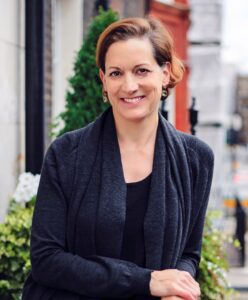 She will discuss the implications these shifts have for freedom of speech and the press—fundamental building blocks of any liberal democracy—as chronicled in her most recent book, Twilight of Democracy: The Seductive Lure of Authoritarianism. Her capacious understanding of history and current politics will allow her to talk about what the future may look like: in Tennessee, the United States and around the globe.
She will discuss the implications these shifts have for freedom of speech and the press—fundamental building blocks of any liberal democracy—as chronicled in her most recent book, Twilight of Democracy: The Seductive Lure of Authoritarianism. Her capacious understanding of history and current politics will allow her to talk about what the future may look like: in Tennessee, the United States and around the globe.
Applebaum will be joined by Jon Meacham, co-chair of the Vanderbilt Project on Unity and American Democracy.
Featured Fellow: Anne Applebaum
Staff Writer for The Atlantic
Event Details: March 5, 2024, at 4 p.m. in the Seigenthaler Center — Lecture Hall; Reception to follow
Link to Registration Form

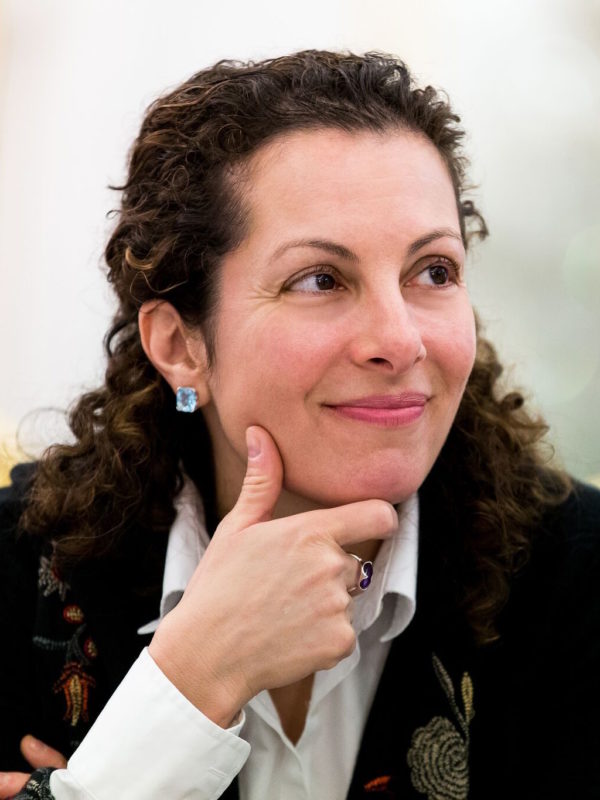






 She will discuss the implications these shifts have for freedom of speech and the press—fundamental building blocks of any liberal democracy—as chronicled in her most recent book, Twilight of Democracy: The Seductive Lure of Authoritarianism. Her capacious understanding of history and current politics will allow her to talk about what the future may look like: in Tennessee, the United States and around the globe.
She will discuss the implications these shifts have for freedom of speech and the press—fundamental building blocks of any liberal democracy—as chronicled in her most recent book, Twilight of Democracy: The Seductive Lure of Authoritarianism. Her capacious understanding of history and current politics will allow her to talk about what the future may look like: in Tennessee, the United States and around the globe.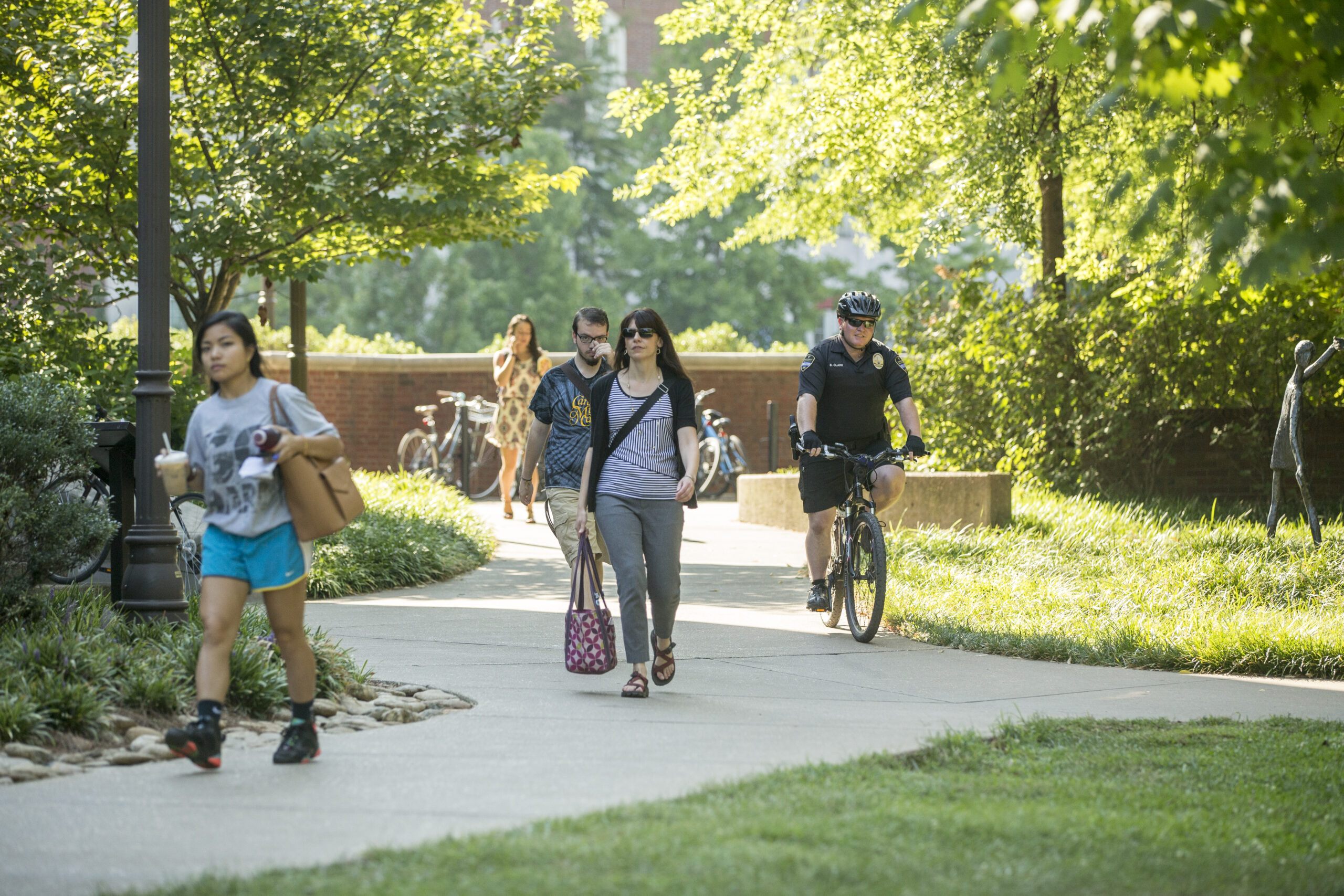 The fall foregrounds the theme of free expression on campus and the ways that “campus safety” presently carries multiple, at times conflicting and contested meanings.
The fall foregrounds the theme of free expression on campus and the ways that “campus safety” presently carries multiple, at times conflicting and contested meanings. Featured fellow:
Featured fellow: 